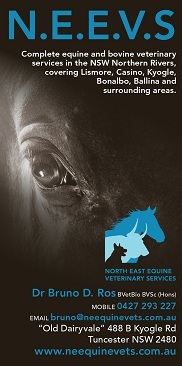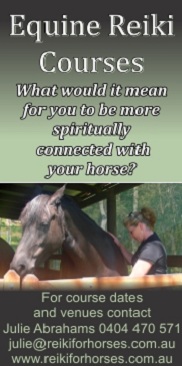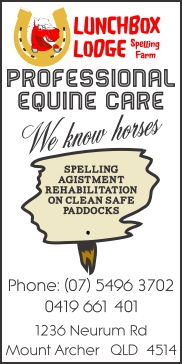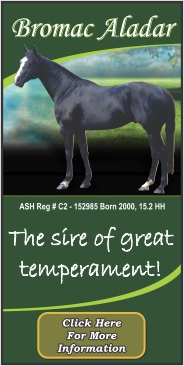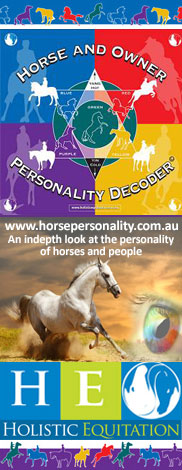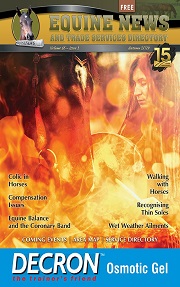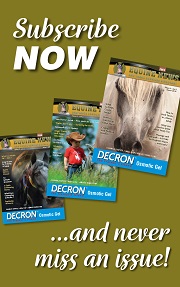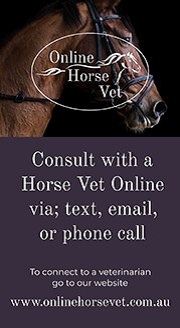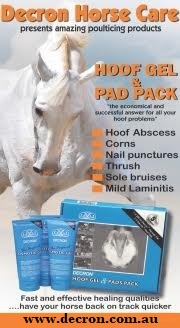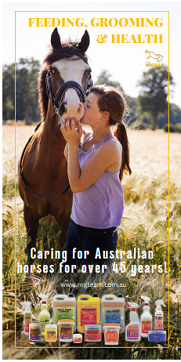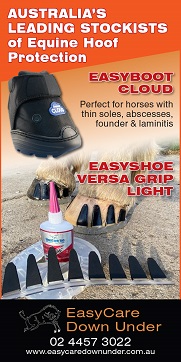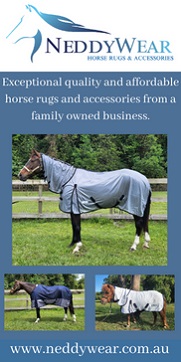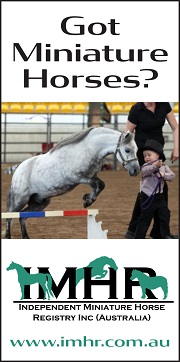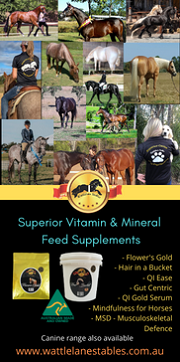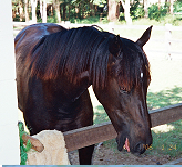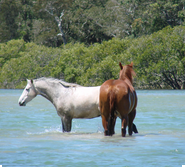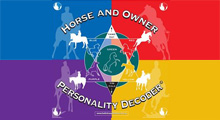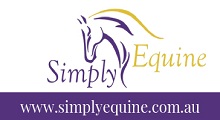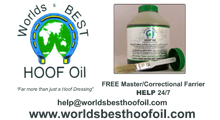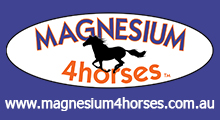To you?
A proper dental care program (= thorough examining, diagnosing and treating of existing oral disease and preventing further disease) for the average horse costs an average of $4 per week (range of $2-6 per week depending on what needs doing), when performed by a properly trained and qualified veterinarian.
How does this shape up in the overall costs of owning and caring for a horse?
How much do you budget per week for: foot care ( ?) , feed costs ( ?) , supplements ( ?), worming ( ?), agistment ( ?) , coaching ( ?) , travel ( ?), entry fees ( ?), rugs ( ?), chiropractor ( ?), vet costs and emergencies ( ?). What is the total weekly budget? ( ? = T )
How does the cost of proper dental care rate as a percentage of this overall budget (T) ???
Answer : $4 divided by T , multiplied by 100 = the percentage of overall costs represented by proper dental care. Eg if your total weekly costs are $58, then $4/58 x 100 = 0.069 x 100 = 6.9 % of your costs is for proper and effective dental care
To your horse?
When I think of what horses like most in life, I think it is to feel comfortable, socially secure and to eat nice food for most of the day.
So why not treat your horse to some proper dental care which will allow them to be able to eat comfortably and to feel comfortable when you insert and strap a piece of metal into its sensitive mouth?
What other benefits could proper dental care bring to your horse???
- Healthier gums?
As with people, most oral bacteria live in the gums rather than on the teeth. When the horse is not chewing correctly, food can get trapped and start to rot. Then the bad bacteria proliferate – leading to gingivitis and advanced gum disease which can potentially lead to disease in other parts of the body such as the heart and kidneys. (Pic 1)
- Faster chewing so able to graze and ingest more grass each day – thus costs less to maintain weigh
Even with severe dental disease, horses rarely ever stop eating! But they do alter their normal chewing pattern, often noticed as a slower chewing action – in order to try to avoid pain. The problem with this slower chewing is that they ingest less grass each day, and so require more hand feeding to maintain their weight.
- Less spilling of feed, so less waste?
Spilling of feed can become costly – especially if birds eat the spilt food before the horse can do so. (Pic 2)
- Easier to break in?
Most leading horse breakers these days are requesting that the teeth be properly attended to prior to breaking the horse in. This includes nerve blocking and extracting of wolf teeth, and removing all sharp points which may cause the horse pain when sending it signals via the bit. (Pic 3)
- Better behaved and easier to train performance horses and more tractable with the bit?
Especially in their formative training years of 2 through to 5 years of age, a horse’s mouth undergoes massive changes, including the loss of 24 deciduous teeth (caps), which all have potential to cause that young horse painful distractions during training. All ages of performance horses will benefit from good regular dental care.
- Better reproductive health in broodmares? (Pic 4)
As with people, we are starting to suspect that poor oral hygiene (Pic 5) may interfere with fertility in broodmares. In people, gum disease renders women 7 times more likely to abort their baby or have a low birth weight baby.
- Live longer?
There is a very strong correlation between good teeth and longevity in horses – as in people.
- Maintain weight better in their geriatric years?
With advanced gum disease, loosening of teeth will soon follow. And during this process the older horse has to endure pain whilst chewing on the affected loose tooth. This causes them to alter their chewing so as not to chew on that tooth. Thus they will chew much slower and lose weight. (Pic 6) So when a diseased painful tooth is discovered, the pain can be relieved by extracting the tooth. However the horse’s mouth has still endured irreversible loss of function. So we must strive to maintain the health of gums and thus to reduce the premature loss of teeth in old horses. This is where the true value lies in performing good preventative dentistry throughout the life of a horse. (Pic 7) Just like brushing our own teeth J
- Opportunity for an annual health check up, vaccination administration, electronic weighing, sheath clean etc with your preferred equine vet?
The bonus of having a vet perform your dental care is that they often are able to efficiently and cost effectively perform other veterinary tasks at the same time. Some of these include general clinical health check, checking of other health problems you’ve been worried about, administration of vaccines, worm stomach drenches, weighing on electronic scales in portable crushes, cleaning of geldings sheaths, foot x-rays for checking proper pedal bone angles etc.
So next time you balk at having your horse’s teeth done properly and professionally, ask yourself honestly, “What’s it really worth? To me and my horse?”
Dr Oliver Liyou BVSc (Hons) MACVSc is a private equine veterinarian who passionately promotes oral care to horse owners. He has hosted over 300 equine vets from Australia, New Zealand, USA, UK, Ireland, Canada, Thailand and Egypt at equine veterinary dental training courses over the past 7 years.
At Equine Veterinary AND Dental Services Oliver, Dr Gill Scroxton and Dr Rob Gordon perform over eighteen hundred dentals per year, along with all other aspects of equine vet work including reproduction, surgery and emergencies. All three vets have undergone extensive equine dental training and have many years of experience as equine vets under their belts. With their porta safe stocks trailers, they are able to travel to any town and perform dental care for groups of horse owners.







